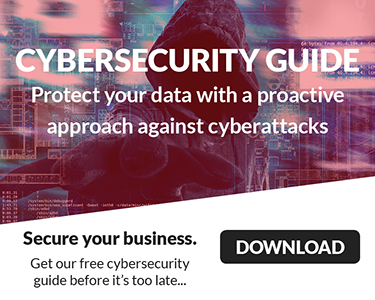 It's eye-opening to learn that about half of employees might take important company info with them when they leave. It's a friendly reminder of why monitoring data during offboarding is super important. While it's surprising, the law often doesn't pursue former employees for this unless there's clear proof they've harmed their previous company. So, we must proactively protect our valuable information with good exit processes and clear communication about the rules. It's all about safeguarding our hard work in an intelligent and positive way!
It's eye-opening to learn that about half of employees might take important company info with them when they leave. It's a friendly reminder of why monitoring data during offboarding is super important. While it's surprising, the law often doesn't pursue former employees for this unless there's clear proof they've harmed their previous company. So, we must proactively protect our valuable information with good exit processes and clear communication about the rules. It's all about safeguarding our hard work in an intelligent and positive way!
Employees could potentially steal a variety of company secrets, depending on their access and the nature of your business. Some examples include:
- Customer Data: Lists of customers, their contact information, and purchasing history.
- Product Information: Details about upcoming products, designs, formulas, or recipes.
- Business Strategies: Marketing plans, business expansion strategies, or sales tactics.
- Financial Information: Revenue details, investment strategies, or cost structures.
- Research and Development Data: Unpublished research, prototypes, or experimental results.
- Intellectual Property: Patents, trademarks, copyrights, and proprietary software or algorithms.
- Employee Information: Personal data of employees, salary structures, or performance reviews.
- Vendor Information: Details about suppliers, pricing, and contract terms.
Protecting these assets is crucial for maintaining competitive advantage and ensuring the security and privacy of all stakeholders involved.
Here are some friendly action steps to safeguard your company's data:
- Exit Interviews: Have a pleasant chat during exit interviews to remind departing employees of their confidentiality obligations.
- Access Revocation: Promptly deactivate their access to company systems and data to prevent unauthorized access post-departure.
- Data Monitoring:Monitor data transfer activities, especially during employees' final days, from USB keys to emails to a personal address. Also, limit access to sensitive data as soon as possible and change passwords to online applications. (If you monitor your data correctly, your systems should inform you when large file transfers or email forwarding happens. Ahead of the time the employee gives notice)
- Awareness Training: Regularly educate all employees about the importance of data security and the ethical handling of information.
- Clear Policies: Ensure everyone understands the company's stance on data handling and the consequences of taking proprietary information. Employees should sign annually.
- Legal Agreements: Use non-disclosure agreements (NDAs) to legally bind employees to confidentiality, reinforcing the seriousness of data security.
Remember, it's all about creating a culture of respect and responsibility towards company data. Let's keep our information safe, positively and proactively! 🛡️💼🌟
Need help putting these systems in place Contact us we are here to help






